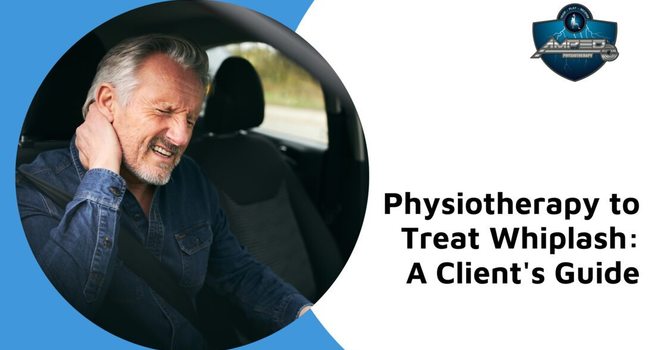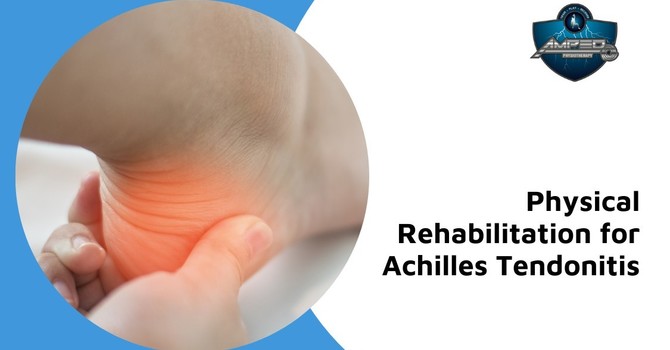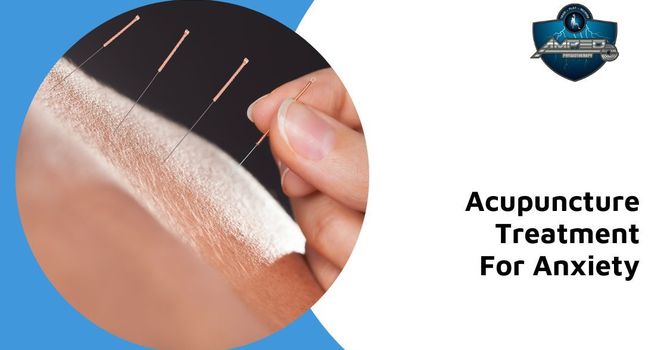
Living with Pain? Medication Isn’t Always the Answer!
It seems like every time you turn on the tv, there’s another report about the opioid crisis. There’s a legitimate reason to panic. In 2016 alone, 116 people died every day from overdoses of opioid-related medications.
Some researchers also feel that many people who would otherwise be willing to work are sidelined because a drug test would fail. As mind-blowing as these statistics are, opioids may seem to be the only choice for a person who uses prescription pain medicine to alleviate pain.
Luckily, there’s another way to handle the discomfort. Contact Amped Physiotherapy today to find out more about how physiotherapy will help you ditch pain killers for good.
Why you shouldn’t turn to opioids for pain relief
To understand why opioids are so harmful, first of all, you need to understand how your brain handles pain. Let’s just say that hurt your knee on the door jamb. Pain receptors in your skin register that something has happened to your knee.
These receptors transmit signals to your brain and spinal cord. Your brain processes these signals as pain, and your body produces natural opioids to stop them. These chemicals slow down your breathing, create a feeling of well-being, and block pain signals so that you can return to a pain-free state.
If you have chronic pain, serious injury, surgery, or major trauma, the brain cannot produce enough opioids to keep up with the demand. Prescription medicine mimics the chemical that your body naturally creates, relieves pain, but does not help the body recover.
Chronic pain doesn’t have to be treated with opioids
It is fairly common for people who suffer from arthritis pain to resort to expensive surgery, steroid injections, and prescription medications to cope with their pain.
Sometimes, these treatments can actually benefit patients with severe arthritis. More often than not, the better route to go involves physiotherapy and natural treatments.
Arthritis does not discriminate either, and although it tends to be found often in elderly patients, it can affect anyone at any age. According to a study on JAMA, “[rheumatoid] arthritis (RA) occurs in about 5 per 1000 people and can lead to severe joint damage and disability.”
Arthritis is also one of the top causes of disability. If left untreated by a professional, patients suffering from arthritis can experience extremely painful symptoms for long periods of time.
If you want to learn more about how physiotherapy can benefit you and decrease your arthritis pain, give our office a call today.
Physiotherapy is a natural pain relief remedy
Since opioids mask pain without addressing the underlying cause, more people are opting to give up pain medications entirely in favor of more natural care.
Fortunately, not only does physiotherapy help to alleviate pain, it explores what causes pain in the first place. A physiotherapist is a highly qualified medical specialist, but he or she is also an expert in movement science.
Via advanced testing techniques, your physiotherapist will discover the cause of your discomfort and find ways to treat it for long-term wellness and mobility. Physiotherapy is, most of all, a drug-free way to treat chronic pain.
Choose PT today!
A physiotherapist’s job is not only to manage pain but also to improve function. Your physiotherapy program may include stretches, ultrasound, manual therapies, and a combination of ice and heat for pain relief, but it will not stop there.
Your physiotherapist will begin to address mobility, flexibility, and strength as they apply to the activities of your daily life.
If you are one of the more than 116 million people who struggle with chronic pain, chances are you are also limited in your ability to walk, stand, run, move, work, play, and perform daily activities.
Physiotherapists address all of these functions and more as they work with you to strengthen your body, improve your balance and stability and enhance your quality of life.
The unintended benefits of physiotherapy don’t stop with the body. They reach your brain as well. Chronic pain and prescription pain medication use can lead to anxiety, depression, and isolation.
Working with a physiotherapist gives you a partner in your pain relief journey. This sense of community can help address the mental toll pain takes on a person in a way that opioids cannot.



